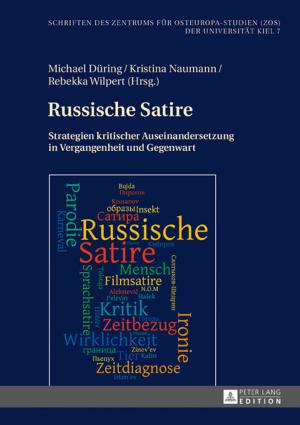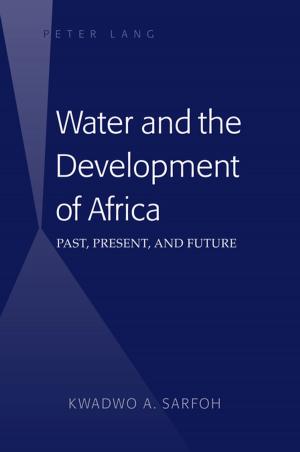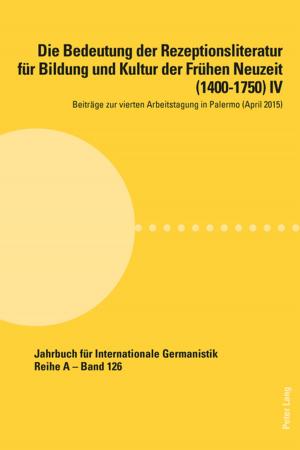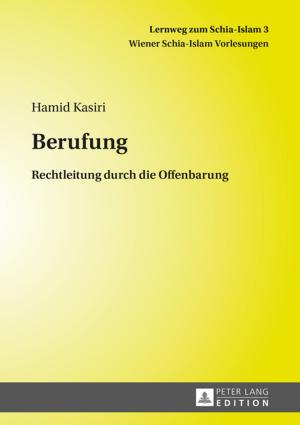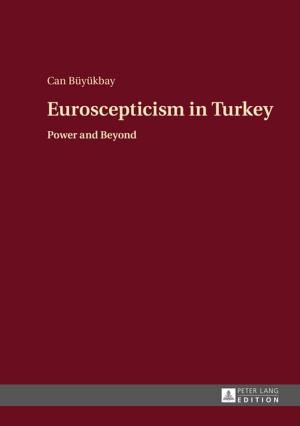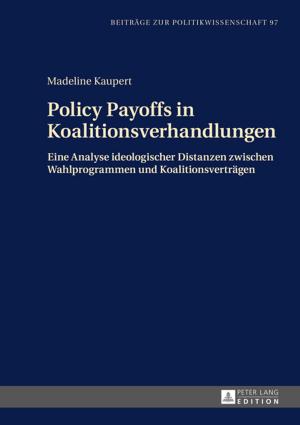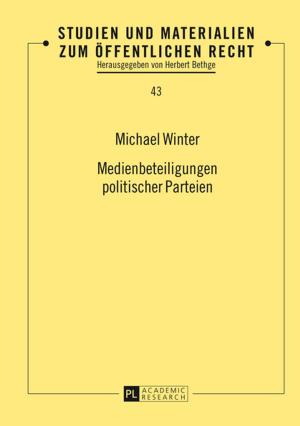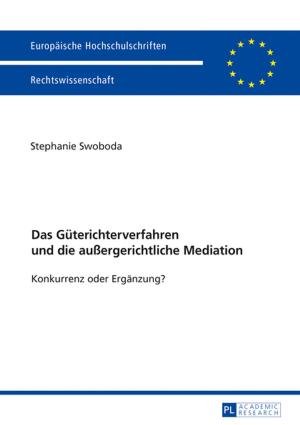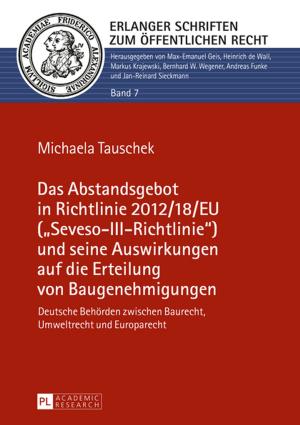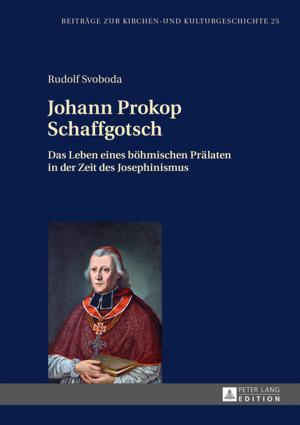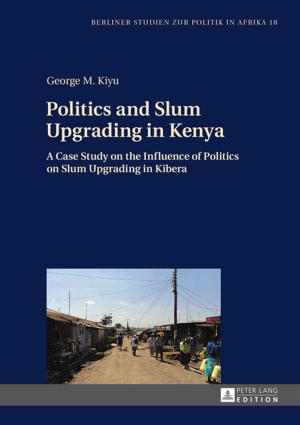The Wrong Ally
Pakistans State Sovereignty Under US Dependence
Nonfiction, Social & Cultural Studies, Political Science, Politics, Regional Planning, Government, Public Policy| Author: | Ahmed Waheed | ISBN: | 9781787075412 |
| Publisher: | Peter Lang | Publication: | January 17, 2018 |
| Imprint: | Peter Lang Ltd, International Academic Publishers | Language: | English |
| Author: | Ahmed Waheed |
| ISBN: | 9781787075412 |
| Publisher: | Peter Lang |
| Publication: | January 17, 2018 |
| Imprint: | Peter Lang Ltd, International Academic Publishers |
| Language: | English |
The Wrong Ally analyses Pakistan’s state sovereignty in the context of state dependence on the US, both during the Cold War era and the War on Terror. This examination becomes all the more important considering that recent contentious issues between Pakistan and the US, such as the US drone strikes, the Kerry–Lugar Bill and the capture and killing of Osama bin Laden, have impacted on Pakistan’s staunch defence of its state sovereignty. The book explores this state sovereignty from three different but interwoven vantage points. Firstly, it observes US–Pakistan relations within the patron–client framework and examines the contours of Pakistan’s dependence and the vagaries of US patronal influence. Secondly, it analyses Pakistan’s state sovereignty in light of changing discourse on the theme. Lastly, it examines Pakistan’s state sovereignty within the purview of its fragile state status. While various contributions have provided insight on how the international community has come to view Pakistan’s state fragility, this book attempts a detailed understanding of how the Pakistani state interprets its reputation as an ostensible fragile state.
The Wrong Ally analyses Pakistan’s state sovereignty in the context of state dependence on the US, both during the Cold War era and the War on Terror. This examination becomes all the more important considering that recent contentious issues between Pakistan and the US, such as the US drone strikes, the Kerry–Lugar Bill and the capture and killing of Osama bin Laden, have impacted on Pakistan’s staunch defence of its state sovereignty. The book explores this state sovereignty from three different but interwoven vantage points. Firstly, it observes US–Pakistan relations within the patron–client framework and examines the contours of Pakistan’s dependence and the vagaries of US patronal influence. Secondly, it analyses Pakistan’s state sovereignty in light of changing discourse on the theme. Lastly, it examines Pakistan’s state sovereignty within the purview of its fragile state status. While various contributions have provided insight on how the international community has come to view Pakistan’s state fragility, this book attempts a detailed understanding of how the Pakistani state interprets its reputation as an ostensible fragile state.

